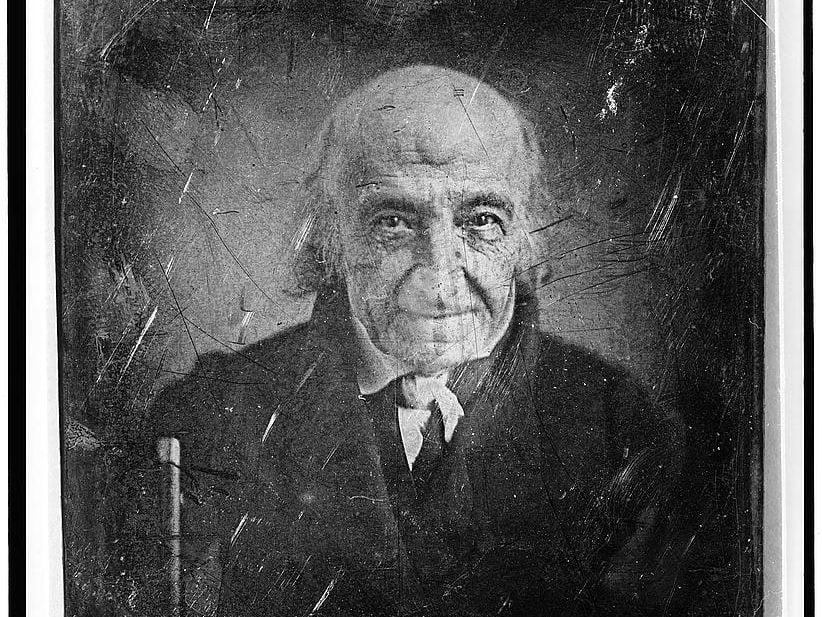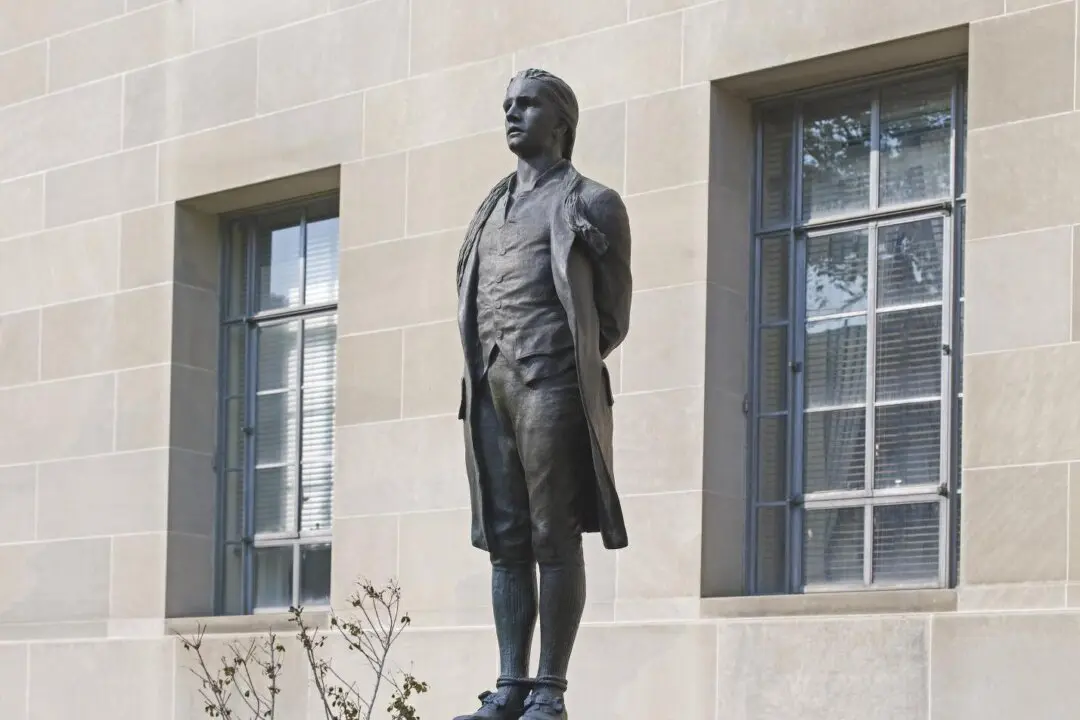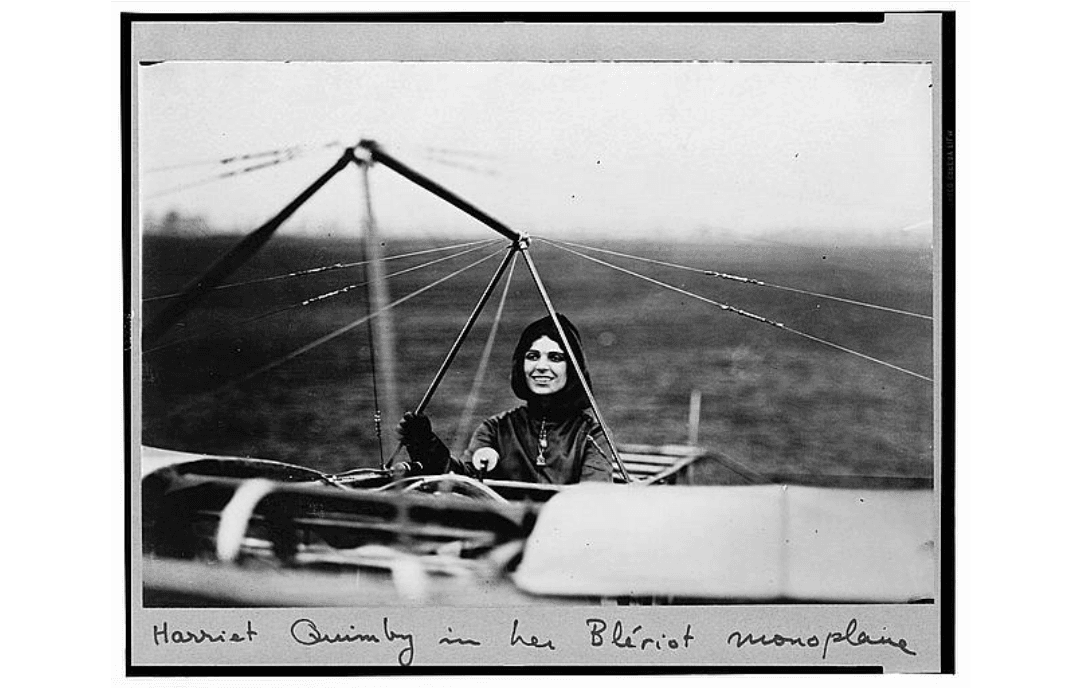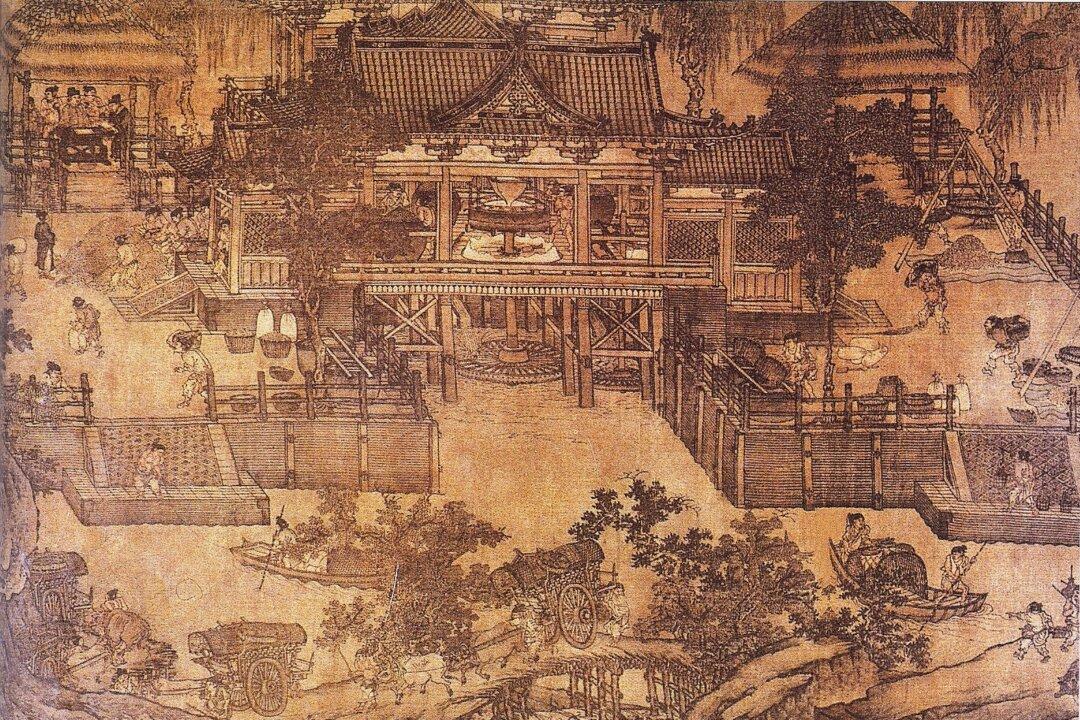Commentary
Author’s Note: This is the third of three essays about America’s longest-serving Treasury secretary, Albert Gallatin (here are part one and part two). All three are dedicated to my good friends, the Eddy family of Spicewood, Texas—faithful supporters of FEE and direct descendants of the great man himself, Albert Gallatin.





